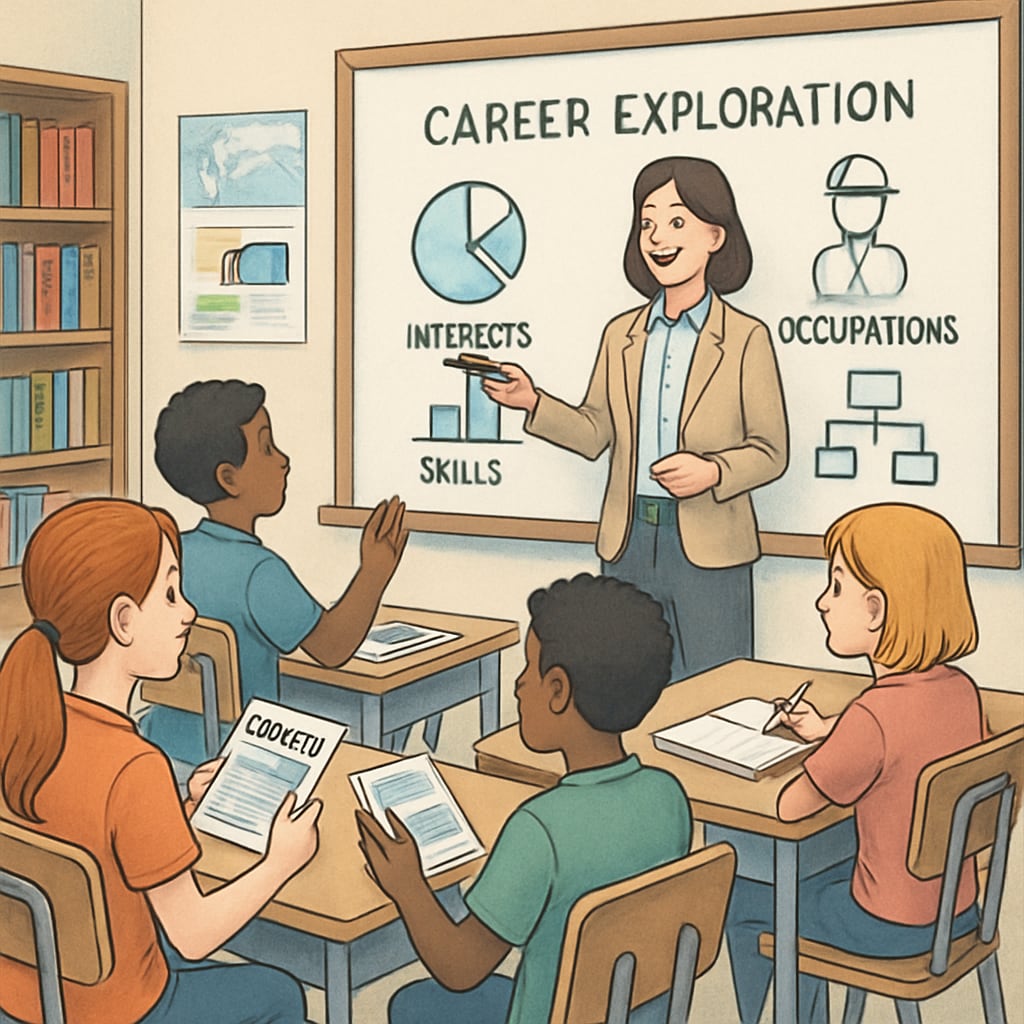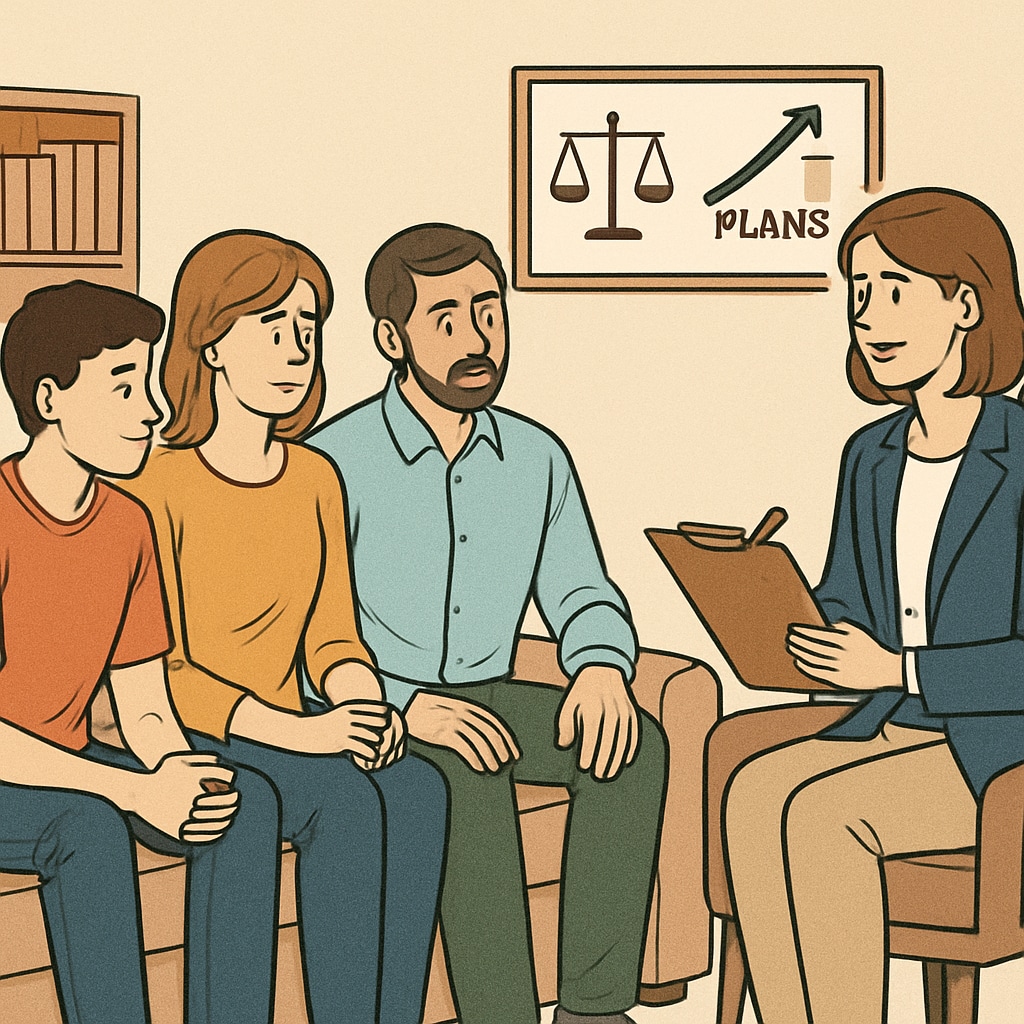Academic planning, career choices, and expert advice often play a crucial role in shaping the future of students. However, when personal interests conflict with family expectations, navigating this path can feel overwhelming. This dilemma is particularly evident for young people such as a 22-year-old college dropout seeking to realign their academic and career trajectory. How can early education and thoughtful planning alleviate these struggles? Let’s explore the role of K12 education in fostering self-awareness and how to balance external pressures with internal goals.
The Role of K12 Education in Discovering Personal Interests
Recognizing personal interests and strengths early in life is fundamental to making informed academic and career choices. K12 education (kindergarten through 12th grade) serves as a critical period for students to explore their passions, skills, and potential career paths. Schools can provide structured opportunities for self-discovery, such as elective courses, extracurricular activities, and career counseling sessions.
For example, implementing career aptitude assessments and interest inventories can help students identify their natural inclinations. These tools not only provide insights but also encourage dialogue between students, teachers, and parents about future possibilities. Schools that integrate project-based learning and interdisciplinary studies further allow students to connect academic subjects with real-world applications, sparking curiosity and engagement.
- Introduce career exploration programs starting in middle school.
- Encourage participation in internships or job-shadowing opportunities.
- Foster open discussions around diverse career paths, breaking traditional stereotypes.

Balancing Family Expectations and Personal Aspirations
Family expectations often carry significant weight in shaping a student’s academic journey. Parents may envision stable, high-paying careers for their children, such as medicine or law, while the student might feel drawn to creative or unconventional fields. This tension can lead to stress, disengagement, or even decisions like dropping out of college. Addressing this requires empathy, communication, and a willingness to find common ground.
One effective approach is to involve families in the academic planning process. By discussing the student’s strengths, interests, and realistic career prospects, families can better understand the rationale behind certain choices. Additionally, emphasizing the value of transferable skills—such as critical thinking, communication, and adaptability—can reassure parents that even non-traditional career paths hold potential for success.
For students, it’s essential to articulate their passions and long-term goals clearly. This might involve creating a detailed academic and career plan that outlines steps toward achieving their aspirations. Negotiating compromises, such as pursuing a dual-degree program or combining a passion project with a stable profession, can help bridge the gap between conflicting expectations.

Practical Steps for Reassessing Academic and Career Paths
For individuals who have already left the traditional academic route, such as the 22-year-old college dropout mentioned earlier, reevaluating their path can be daunting but rewarding. Here are some practical steps to consider:
- Reflect on Past Experiences: Identify what led to the decision to leave college and which aspects of prior studies were unfulfilling or misaligned with personal goals.
- Explore Alternative Education Options: Consider enrolling in technical schools, online courses, or certification programs that align with your interests and desired career.
- Seek Mentorship: Connect with professionals in fields of interest for guidance and insights into potential career paths.
- Leverage Networking Opportunities: Attend industry events, join online communities, or volunteer to gain exposure and build connections.
- Create a Flexible Plan: Develop a roadmap that includes short-term and long-term objectives, allowing room for adjustments as interests and opportunities evolve.
In addition, revisiting an educational institution under a more flexible or tailored program may reignite a sense of purpose. Many colleges now offer part-time or modular degrees designed for non-traditional students.
The Long-Term Value of Early Academic Planning
Ultimately, the challenges faced by individuals like the college dropout highlight the importance of early intervention through academic planning. When schools, families, and students collaborate to create a foundation of self-awareness and informed decision-making, the likelihood of future academic and career success increases. Furthermore, fostering resilience and adaptability allows young people to navigate inevitable life changes with confidence.
By prioritizing personal interests alongside family expectations, students can uncover their “academic North Star”—a guiding principle that aligns passion with practicality. This balance ensures that their journey is not only fulfilling but also sustainable in the long run.
Readability guidance: Use short paragraphs and bulleted lists to summarize key points. Incorporate transition words to maintain flow. Avoid excessive use of passive voice and long sentences.


